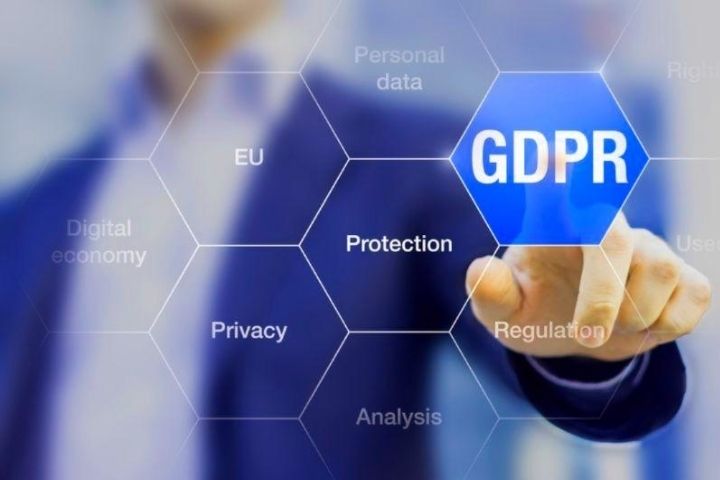The Impact Of The GDPR In The Field Of Cybersecurity

The General Data Protection Regulation continues to make its way after its creation on May 25. Many media have echoed the first shortcomings that companies are finding, in turn explaining how to solve it.
The Figure Of The Key DPO For Companies
One of the doubts on the part of employers with respect to the RGPD , is how to take adequate control of the information on a day-to-day basis. For this reason, they usually resort to external services, such as professionals or companies in the sector that manage this service.
However, other employers try to avoid this expense by having an employee take care of it. The digital medium Cinco Dias, answers the question of whether SMEs are required to have a Data Protection Delegate hired.
The answer is clear, despite the fact that several businessmen allude to having received offers from people who assure that this position is mandatory. The reality is that the RGPD does not require hiring a Data Protection Officer in small and medium-sized companies.
The person in charge of managing customer data is going to encounter several problems when it comes to getting to work. Some of them are collected by the online newspaper Expansion. The most frequent errors are the sending of massive emails to clients to request consent for the processing of data and to be part of a newsletter.
One thing to keep in mind is that it is not necessary to ask for consent again from clients who had previously given their approval as dictated by recital 171 of the regulations.
Cybersecurity Beats Hackers’ Rivalry
If something is certain, it is that many companies are in constant danger of receiving a cyber attack on their server databases. But after the application of the RGPD, the cybersecurity of information vulnerable to a possible attack has been strengthened. In 2017 there were 27,000 cyber incidents. With the regulation, the response time to any incident generated has been improved, so the solution is found more quickly.






